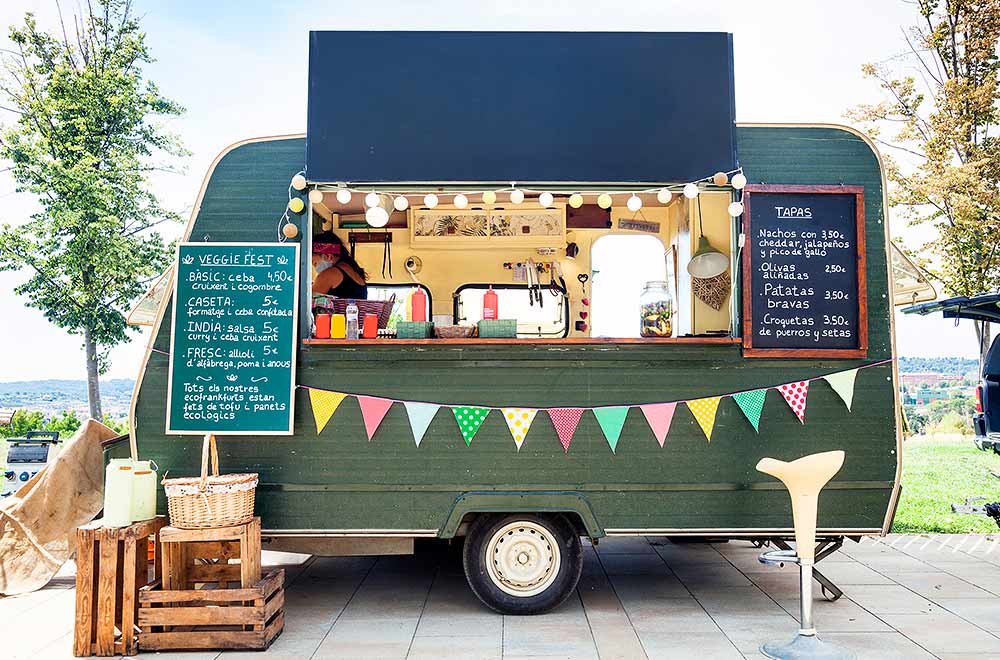Learn all about the new technology that’s shaping the restaurant industry in 2023 and what you need to do to keep up.
The essential checklist to opening a restaurant
Starting a new business requires lots of careful planning, hard work, and savvy decision making. This is especially true when your new business is a restaurant. First, it’s important to define your restaurant’s concept and how it will stand out among competitors. Maybe you’ve always dreamed of sharing your family’s favorite recipes with the world.
Three Major Problems Restaurants Face
Restaurants face an ever-growing list of problems they must deal with every day, including enticing loyal customers, finding quality staff to serve them, and increasing operating costs. Make sure you have the right tools and knowledge to tackle them head on and grow your operation while doing so.
Discover how to meet your changing staff needs
With states easing COVID restrictions and restaurant occupancy rules relaxing, many owners and operators are looking to build, or rebuild, their staff to accommodate renewed and increasing demand from patrons. Hiring in the restaurant industry has become a challenge, and regardless of reason—higher unemployment benefits or increased hiring in competing industries—it’s important to take a
Seven steps for reopening indoor dining
Discover seven key steps to consider when reopening your restaurant for indoor dining.
How to launch meal kits for your restaurant
The coronavirus pandemic has forced many restaurant owners to get hyper creative when it comes to generating revenue during a time when many people are not comfortable dining out. One popular solution being implemented by restaurants across the country is the creation of custom meal kits. These take-home kits allow your customers to recreate their
St. Patrick’s Day restaurant promotion ideas during covid
St. Patrick’s Day is usually one of the busiest and highest grossing days of the year for bars and restaurants. However, with the COVID-19 pandemic still present across the U.S., restaurant owners will need to get creative when it comes to St. Patrick’s Day celebrations this year. Whether your restaurant is open for limited-capacity indoor
Meet the Restaurant Resilient $50K Giveaway winners
Rewards Network is pleased to announce the winners of the Restaurant Resilient $50K Giveaway! As a sign of appreciation for our industry, Rewards Network created the essay competition to give away $10,000 to five different restaurants. The goal was to provide some financial help to restaurants during the winter months, which is posing many challenges
Valentine’s Day restaurant promotion ideas during covid
Restaurants looking for a way to increase sales this month should consider investing in special Valentine’s Day promotions. For restaurants operating at normal capacity, your dining room may be able to function much the same as it has in years past. However, for areas of the country where indoor dining is still restricted due to
Expand your restaurant operations with a food truck
The COVID-19 pandemic has forced restaurant owners to tap into their ingenuity to create new methods of generating brand awareness and revenue during this challenging time. One such strategy has been the nationwide resurgence of food trucks in the restaurant industry. In fact, 24,000 licensed food trucks operate in the United States, making it a















